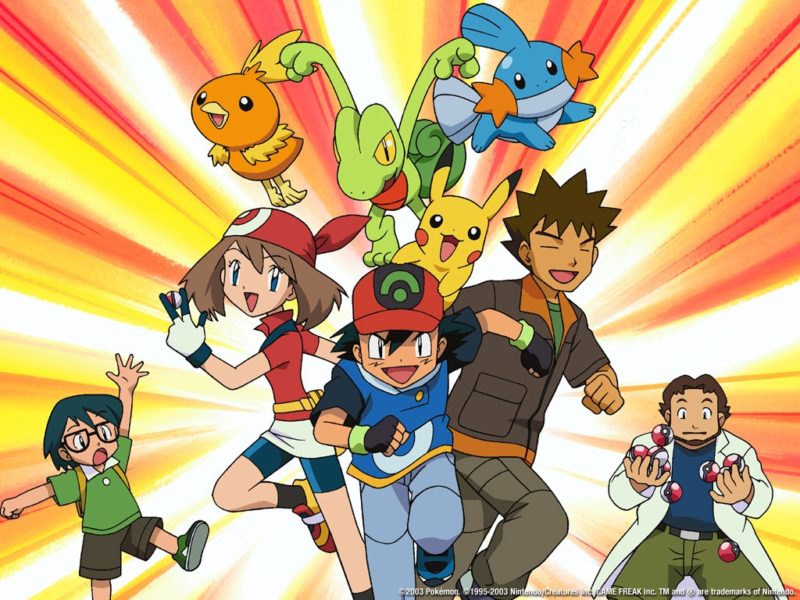
I feel the drive to be the best, or at least be good, at everything I do. Beyond being impractical–after all, no one can be good at everything they do–trying to be good at a hobby can ruin the hobby. Sometimes, it’s good to be mediocre. It’s good to remember fun should come first.
The point of a hobby isn’t to be good. The point is the have fun and enrich yourself in the process. It doesn’t matter if the hobby is woodworking, bonsai making, or anime blogging. The quest for excellence can ruin a hobby by putting too much pressure on you. You focus more on the technical, on refining, which can push out fun. This often effects hobbies that we try to push into the professional.
For example, I’ve been trying to push into becoming a full-time author. This means I have to elevate my writing techniques beyond my casual, grammar-loose, tone JP has. So I immersed myself into studying grammar and practicing. Now, as my editor will tell you, grammar is my weakness. I often feel grammar gets in the way of expression after a certain point. Of course, no grammar at all is worse. Writing has to have structure to be coherent. However, as I dug deeper and focused on the craft of writing, I stopped having fun. Writing wasn’t play. It was work.
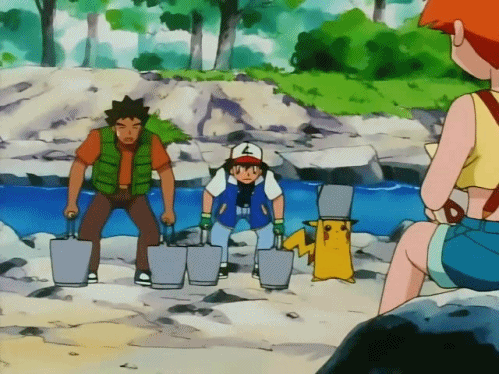
Granted, to be a professional some element of work is necessary. After all, to make a living, you have to produce regardless if how you feel. Waiting for a muse to sit beside you doesn’t work. Instead, writers have to write on a schedule regardless of mood. Fortunately, I found a balance between play and scheduled work by allowing my first drafts to be playfully written on a timetable. I allow the first drafts to be rough and even mediocre. Revision focuses on the stuff professionals need to do.
I’ve seen many writers who try to push from hobbyist to professional burn out. They lose the fun amid the challenging work. When it comes to my bonsai hobby, I fell into this. All my bonsai died for various reasons. Most of the deaths were because I was trying too hard to match the designs I saw on YouTube and in the Japanese gardens I’ve visited. Never mind how those trees were nearly a century old in many cases. I wanted my nursery-stock bonsai to look like that. Of course, I knew better, but the desire to be good ended with my entire collecting dying on me. In response, I gave up. After all, I wasn’t having fun.
One day, I received an invite to an exclusive bonsai workshop hosted by the Japanese Consulate. After getting over my surprise at such an invitation–after all, I’m just a small town librarian!–I sent my RSVP. I’m glad I went; I wish I could’ve stayed and chatted with the Consulate representatives more after the class. Unfortunately, I’m night blind and had a long drive back home. The class emphasized the joy and fun bonsai making should spark. It’s not about being good or making beautiful works of art for people to oooo and aaah over. Rather, it’s about developing patience and appreciation for nature. It’s about having fun.
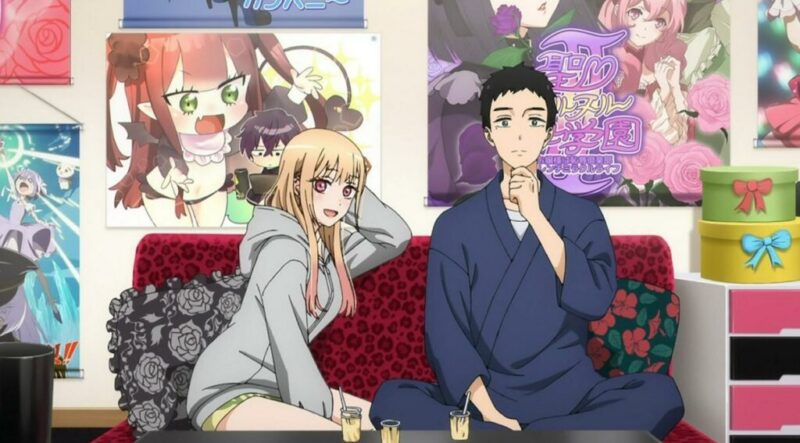
I learned that it’s fine to be mediocre in my hobbies. Ironically, that is also the path to excellence. You see, accepting your mediocrity allows you to keep the mind of a beginner. It leaves you open to learning. It removes the pressure and stress the quest for excellence produces. And that pressure and stress prevents you from learning.Mediocrity isn’t a sin. And I can’t express how much of a relief that realization has been for me. I have a drive to be “the best there ever was” in everything I do. But now I am (slowly, very, very slowly) freeing myself from that shackle. I’m giving myself freedom to produce crap.
And strangely, I find my writing has improved. My art has improved.
So how can we not be the best?
- Remind yourself it is okay to be bad. What matters is your enjoyment.
- Remind yourself it doesn’t matter what others think about what you enjoy.
- If you aim for professional-level work, give yourself room to play before you take the steps necessary to elevate the work.
- Find hobbies you are terrible at doing but still enjoy.
- Remind yourself about how short life is and how “success” can’t be taken with you. Only the experiences of living can.
- Remember: failure enriches us more than success.
I still struggle with purposefully doing hobbies I’m terrible at doing, such as watercolor painting. It’s hard to enjoy something that blows up on you constantly. The trick is finding a hobby that’s fun for you. I plan on returning to bonsai and gardening. I don’t relish the idea of “wasting” money on another round of nursery stock that will likely die on me. But if I measure the hours I spend trimming, wiring, and learning against the modest expense, I come out ahead. Hobbies take funds. Learning costs time and money. However, the experience of failure and of learning is worth more than the funds I spend.
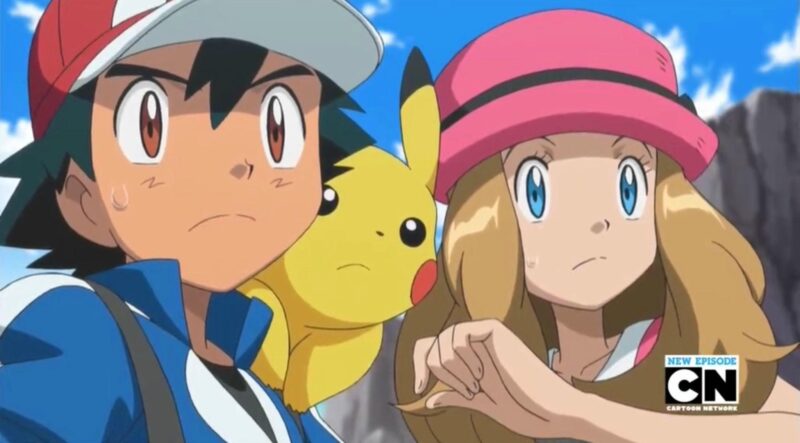
As for writing, I’ve had many failures. In fact, most of my favorite articles to research and write flopped. And sometimes I spend several hours researching and writing! Despite these failures, I enjoy the process of research and writing. Likewise, my Hunted Trilogy light novels were a failure. They didn’t recoup their editorial costs, but the process of writing them taught me much. Mediocrity and failure teaches valuable lessons–more than success does. Before I started JP, I had several other blogs. All of which failed. Likewise, before the Hunted Trilogy failed, I had several more failure novels. Fortunately, I knew these works were failures and kept them in my digital drawer, but they taught me how to write and how not to write before I started to fail at publishing.
I used to dabble in video game programming. Failed game engines (coded from scratch!), failed web applications, failed server systems (yep, I tried to program simple video game server systems), and even a failed attempt at a primitive neural network litter my hard drives. I burned myself out on programming–I find writing books more rewarding than writing code–but I learned a lot about how technology works. I’ve even had microcontrollers explode on me! It’s something when smoke billows out of a computer case. If I’m generous, I was mediocre as a computer scientist. However, the experiences serve me well as a librarian, and every once in awhile I’m called to program something in PHP or more recently, Python.
So when it comes down to it, it’s good to be mediocre in your hobbies. You learn more from the failures. So if you want to start an anime blog. Do it! Just don’t aim to be a success. If it comes, great! But when you get down to it, you have no control over success. You can only control what you do and how fast you fail at it. On that note, I will leave you with a quote from the Bhagavad Gita, a wonderful text from India, that discusses this:
You have the right to work, but for the work’s sake only. You have no right to the fruits of work. Desire for the fruits of work must never be your motive in working. Never give way to laziness, either.
Perform every action with you heart fixed on the Supreme Lord. Renounce attachment to the fruits. Be even-tempered in success and failure: for it is this evenness of temper which is meant by yoga.
Work done with anxiety about results is far inferior to work done without such anxiety, in the calm of self-surrender. Seek refuge in the knowledge of Brahma. They who work selfishly for results are miserable.
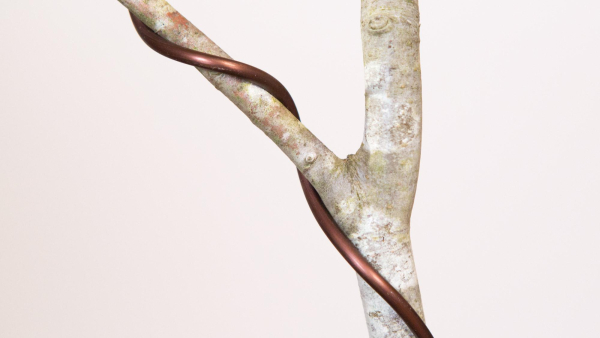
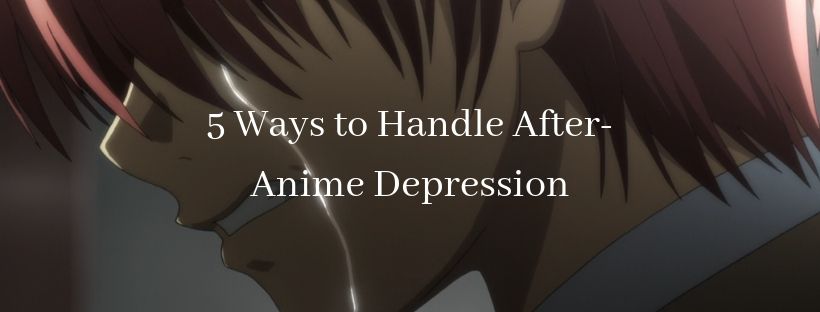
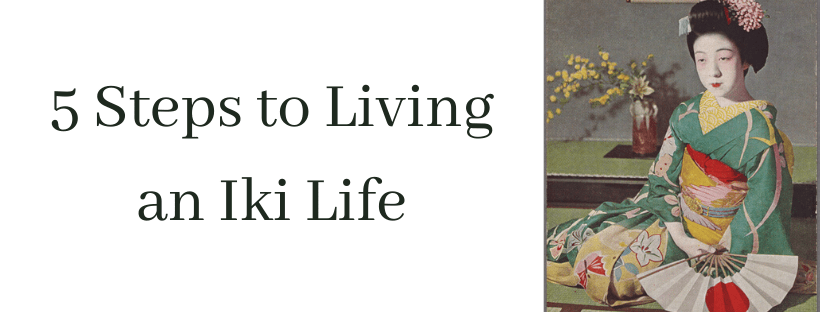
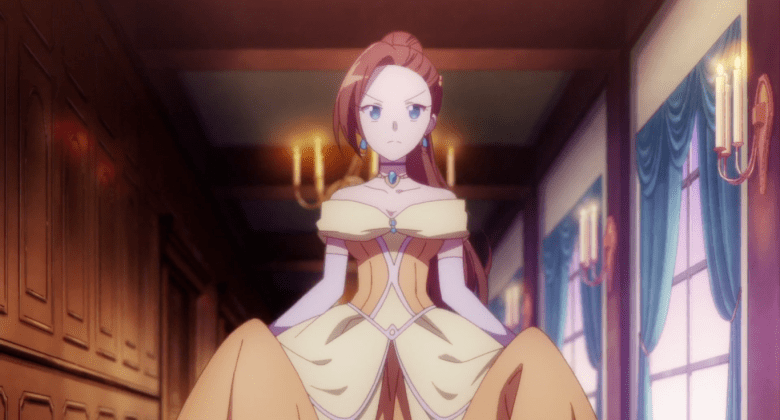
Thanks for replying!
Looking forward to the article.
Great Article Chris
Truly, the journey is more important than the destination.
In my school years I was very self-conscious about my results and never got a great score. But this year, I finally realised that results aren’t everything and had fun over the year. And coincidentally, my score this year was the highest I ever had.
Of course, it’s important to work hard but one shouldn’t stress themselves over it so much that they stop having fun.
I found this blog today and am looking forward to reading great articles.
Welcome!
It is strange how the less you worry scores, the better those scores can become. At least, as long as you still aim at improvement. I wish schools would take up a portfolio grading system, where a student is compared against themselves to measure progress. If we all grew up with such thinking, we would be better off.
Thanks for replying!
By the way, is there any good book you’ll recommend to get some insight into Japanese culture? Recently I have been reading Japanese novels and found them quite ‘unique’.
So I wanted to get some insight into their culture.
Japanese novels are certainly “unique” if you aren’t familiar with their literature! Speaking of novels, Snow Country by Yasunari Kawabata is a good read.
I have an article where I list 27 books aimed at your very question.
Great post Chris!
I just wanted to share some information after my first tree died due to my incompetence. I was researching online and came across this ebook that was really helpful in preventing me from making the same mistake again. It costs close to nothing but it covers literally everything I’ve missed on during my first trial. I’m very happy now!
Here is it: bit.ly/3xpLPtU
Thanks for the link! I’ve read that book through the library system. It was helpful, but I still kill things! But then, I’ve killed all sorts of other plants too. I have a bit of a black thumb, but I am getting better. I find once-a-week watering and taking a hands off approach works best for me.
“You have no right to the fruits of work.”
That pop you heard was the sound of capitalists’ heads exploding.
Ancient wisdom often challenges our “modern” thinking.
Describing the nausea induced by the smell of a shellacked turkey under a set of hot studio lights, a friend who loved photography once told me that, “The worst thing a person can do is to turn a passion into a ‘job’ “. I’ll counter that where the boundary between the two exists can vary greatly from person to person.
Regardless, the world has far fewer burnt-out travel bloggers, spent athletes, and industrialized artists than it does people who wish they could make a living by somehow being noticed for their passions. So whether one “makes it” in that manner probably involves at least some good luck, but mostly a great passion for self-promotion. With regard to writing, the YA author, Xiran Jay Zhao, comes to mind as a recent example. Providing entertainment, after all, is a social activity.
Most honest artists and writers speak about the role luck plays in their success, of their working just happening to line up with the demands of the time. While looking back as an outsider makes it seem as if that success was meant to be, any change in the variables could’ve prevented that success. For example, Stephen King may not have been the writer we know him today if interest in horror stories was earlier or later. All an artisan can control is their work. Consider how many artists, writers, inventors, and other creators don’t make it big until they are dead. That’s because their work and the times finally aligned. This alignment seems more important than self-promotion.